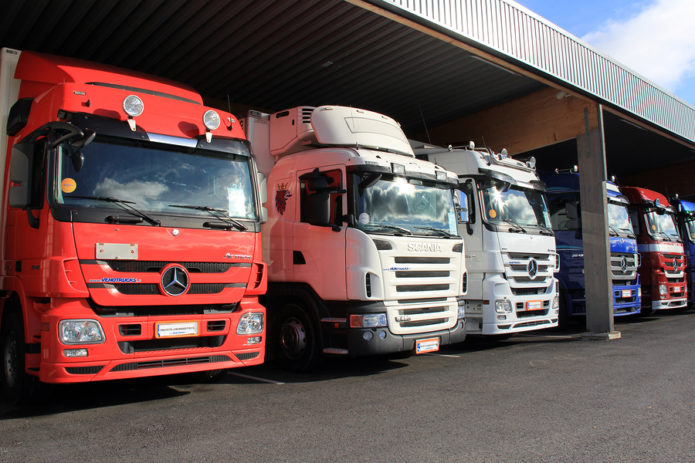This may seem a somewhat straightforward question, but, as with many tax questions, the answer is not particularly easy. Like most of these matters, the answer depends on the circumstances.
Identifying who can claim the depreciation on assets is very important in sectors with high investment costs, such as transport and logistics with the heavy investment required in vehicles. The different forms of ownership prevalent in this industry creates the prospect of unexpected outcomes when working out who can claim the large deductions emanating from these assets.
The simple expectation is that whoever owns the vehicle can claim the depreciation (at least for tax purposes). This is sometimes the case, but not always.
The tax law goes further than this. The general rule is that it is the economic owner of the asset who can claim the depreciation, which is explained as whoever bears the risks of ownership. In very simple terms, if the truck blew up, whose problem would it be?1 The answer to that is who (normally) can claim the depreciation deductions.
Where a company operates a transport business and employs drivers to drive these trucks as part of that business and the story ends there, this is quite simple. In that case it is the company, as the owner of the trucks, who can claim depreciation as a tax deduction. Calculating that depreciation is another story and one not dealt with here.
However, what would be the case if the company leased the trucks from another owner? What if those trucks were being acquired under a hire purchase arrangement? What if the company was in the process of acquiring the trucks under a rent to buy-style arrangement (not meeting all the requirements of a formal hire purchase agreement)? What if the company, rather than using employees, engaged with contractors who own the trucks themselves, but the company covered many of the operating expenses, such as insurance and tolling charges?
Division 40 of the Income Tax Assessment Act 1997 deals with the general depreciation rules and addresses the question of economic ownership. The fallback position is the legal owner of the asset is the taxpayer who may claim the deduction, however, there are ten other scenarios explicitly identified in which a different answer may arise. The taxpayer who can claim depreciation deductions is who is identified as “holding” the asset according to this list, so the question is often expressed as who holds the asset?
In many of the situations described above, where one party is the legal owner but another party has use and control over the asset, it will normally be the latter taxpayer who can claim the depreciation. The following example showing the interaction with different forms of ownership is adapted from the legislation:
Example:
ABC Pty Ltd sells a truck to Jenny under a hire purchase agreement. Jenny holds the truck under the provisions as, although she is not the legal owner until she exercises her option to purchase (ABC remains the legal owner until Jenny exercises her option to acquire the truck under the hire purchase agreement), she possesses the truck now and can exercise an option to become its legal owner.
Jenny is reasonably expected to exercise that option because the final payment will be well below the expected market value of the truck at the end of the agreement. ABC, as the machine’s legal owner, would normally be its holder but the table of scenarios makes it clear that the legal owner is not the holder.
[1] “The insurance company’s” is not the answer here.
